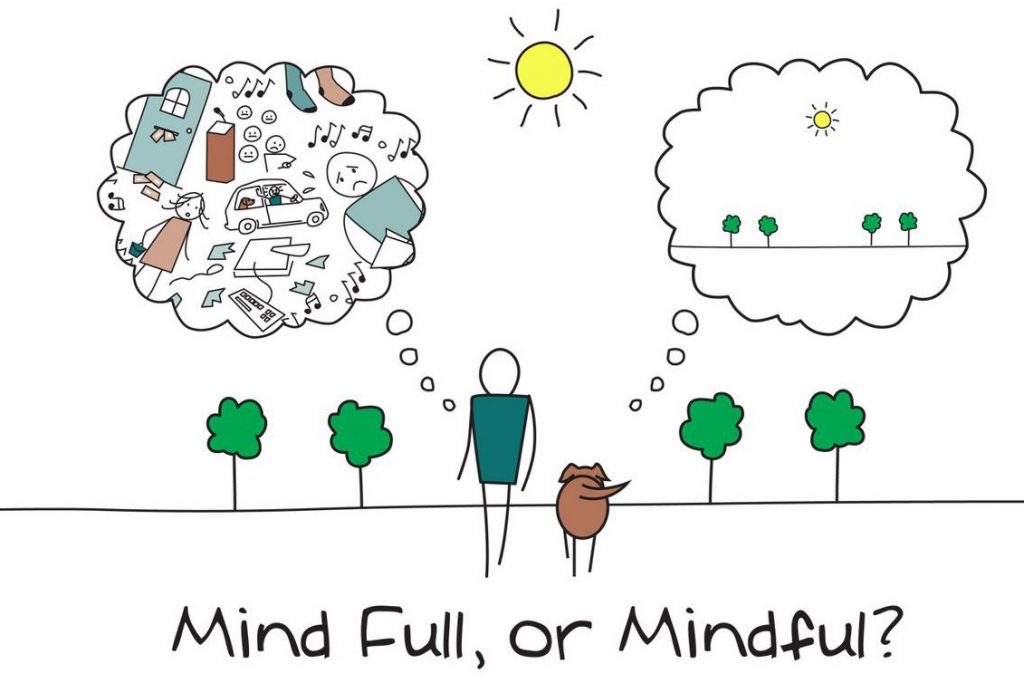Human beings are insatiable when it comes to their needs. They are always running after one thing or the other. According to Buddha, “Craving is like a torch against the wind. the fire will burn you.” (Hanh 2020) Each of us has our own idea of happiness and more often than not, it is defined by materialistic things. The more we buy, the more we crave, and the more toxicity it brings into our lives.
Mindful consumption is a way out of those cravings. Its benefits are not limited to us; they also extend to the world as a whole, as running after our cravings is also pernicious for all our surroundings. We all are witnessing the rise of global carbon emissions, and the serious and rapid depletion of natural resources. The failure or negligence in prioritization of sustainable consumption will harm the environment and make the world uninhabitable.
Overconsumption is characterized as repetitive, mindless consumption. We must examine our choices for our well-being. We need to also be critical of consumption that is acquisitive and aspirational but ultimately, is costly or unacceptable due to its environmental or economic implications.
In this fast-moving consumer-centric setting, we are constantly bombarded with a multitude of options. While they may satiate our reactive needs, it is a waste of resources from an ecological perspective. Mindfulness practice has been shown to reduce the attitude-behavior gap and eventually strengthen human agency over usual reactive, unconscious, autopilot responses that are often unwanted and destructive. A simple practice like taking 10 minutes out of the schedule to practice mindfulness can help people become more aware of their choices and consequences as well as establish a connection between themselves and their true needs. Thus, mindfulness could help citizens make better, less habitual, and less emotionally reactive choices in the marketplace which promote sustainability.
Author: Neemisha Gupta, Rashi Agrawal, Azka Mehdi
About the Author: Students of IPM-02
References
- 1. Hanh, T. (2020, February 28). Happiness in Every Breath. Lion’s Roar.
https://www.lionsroar.com/happiness-in-every-breath/
#iimbodhgaya #theenlighteningiim #mindfulness #happiness
#emotional #connection #sustainability #Samatvam



